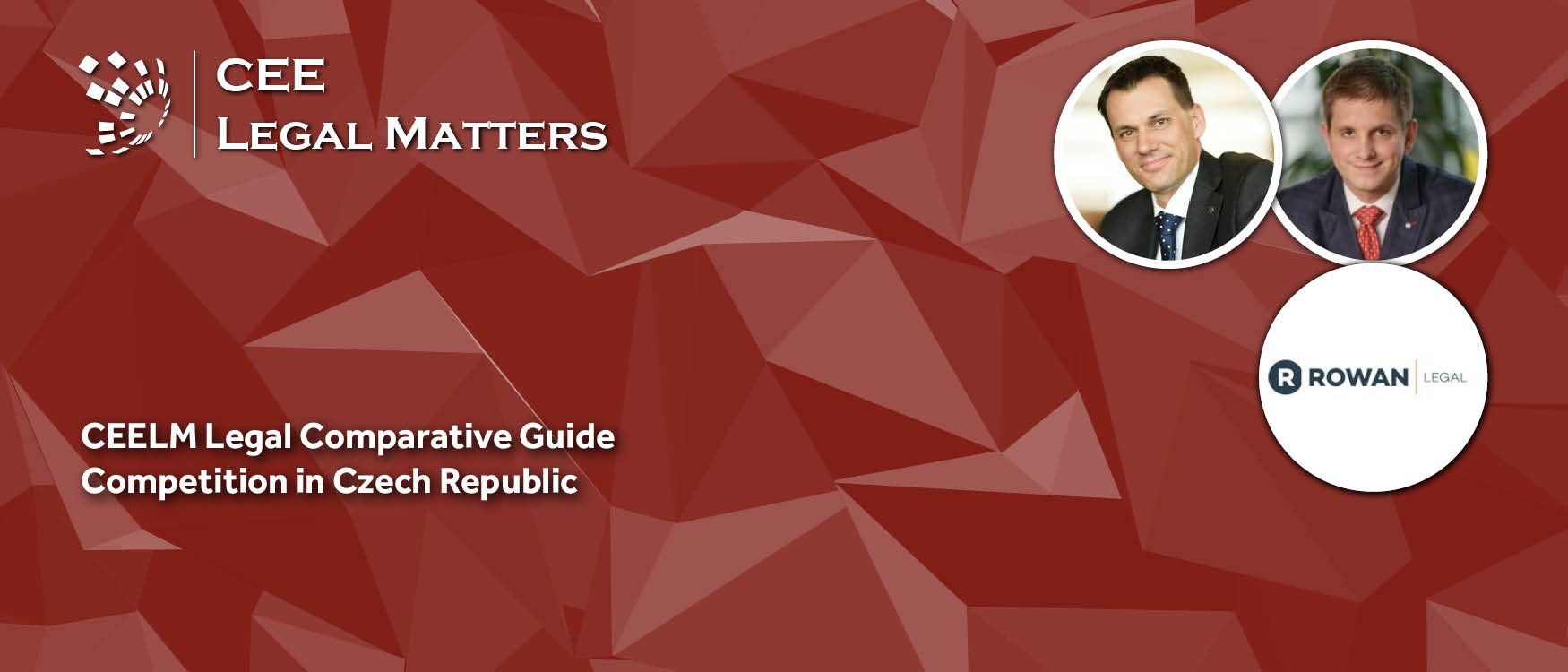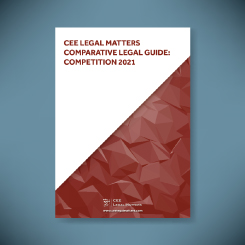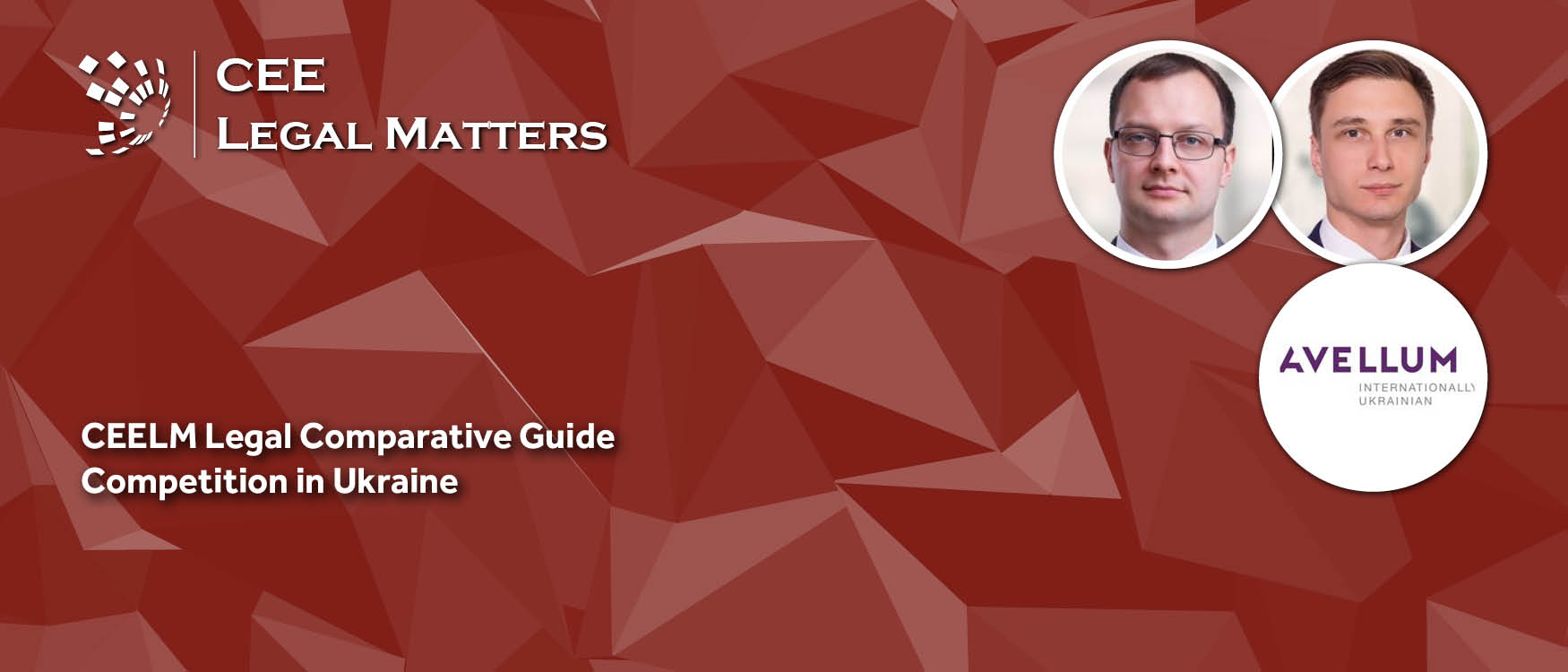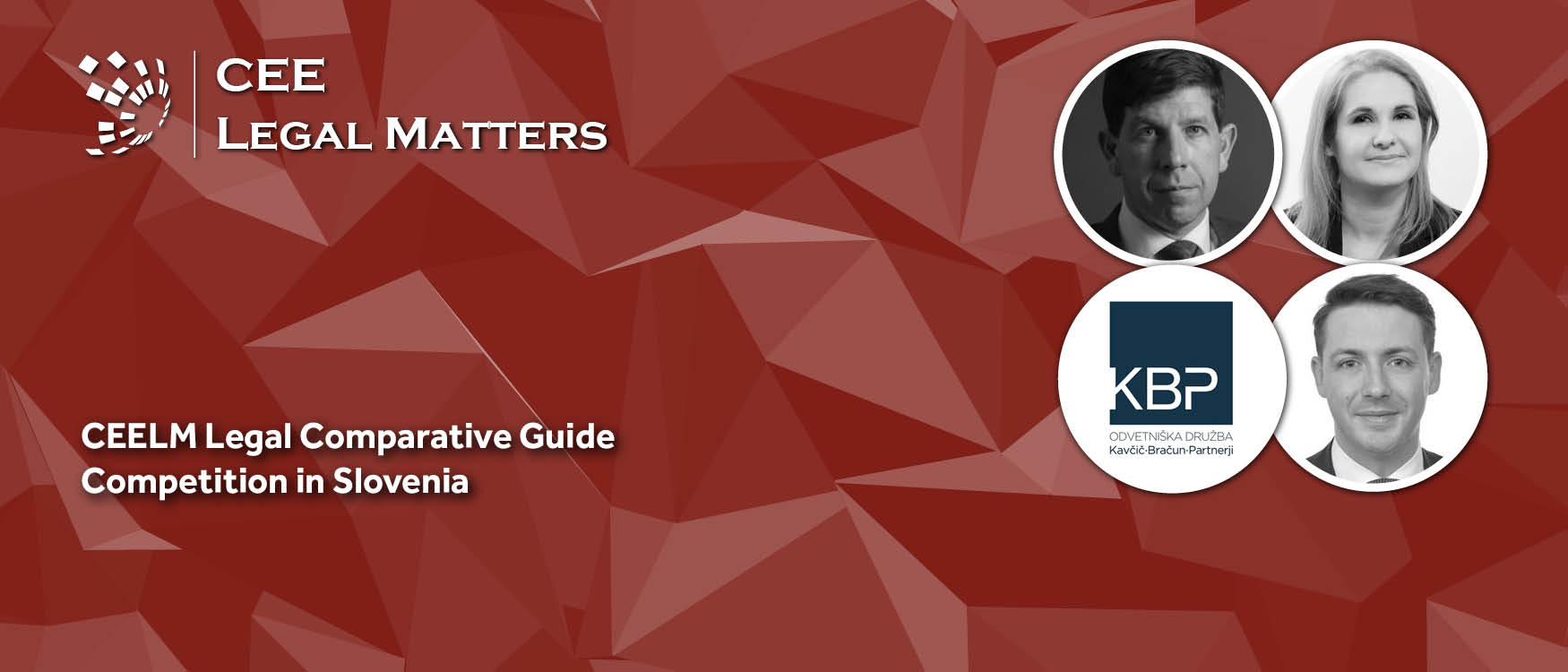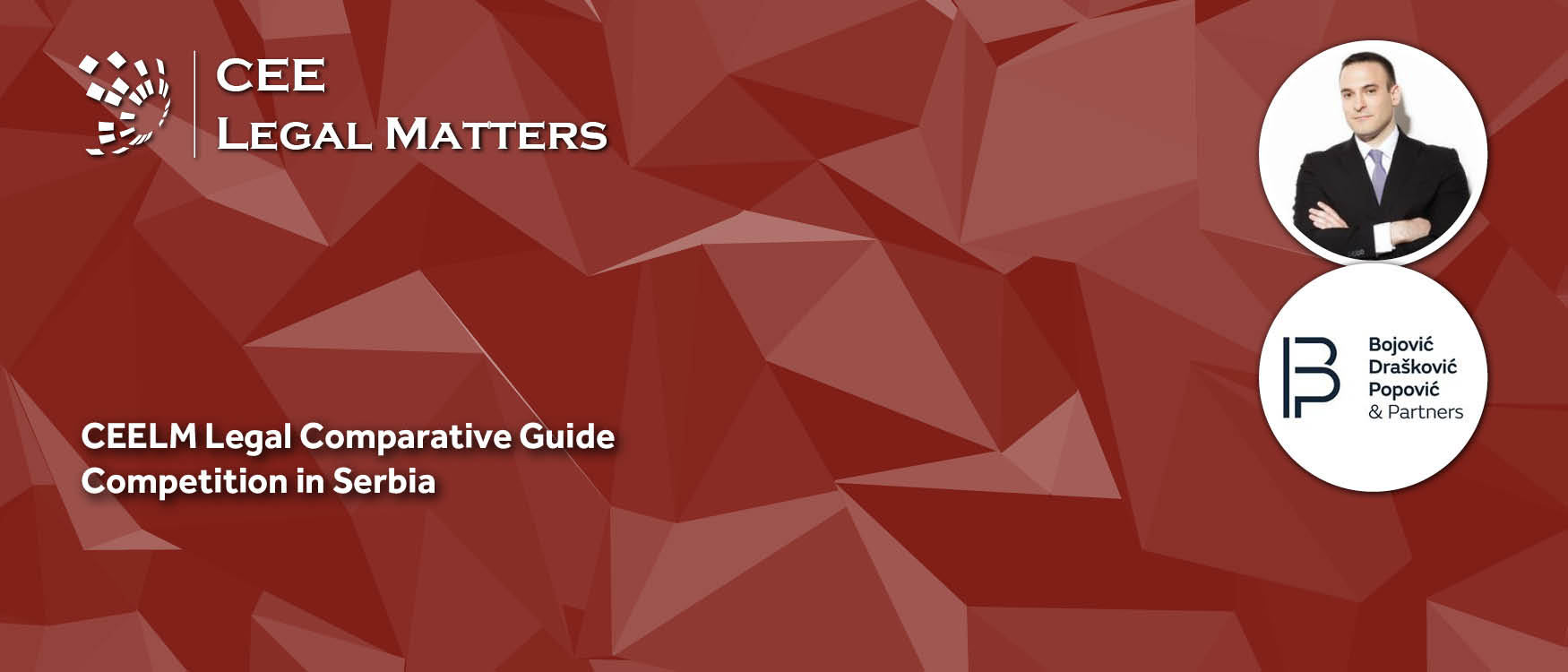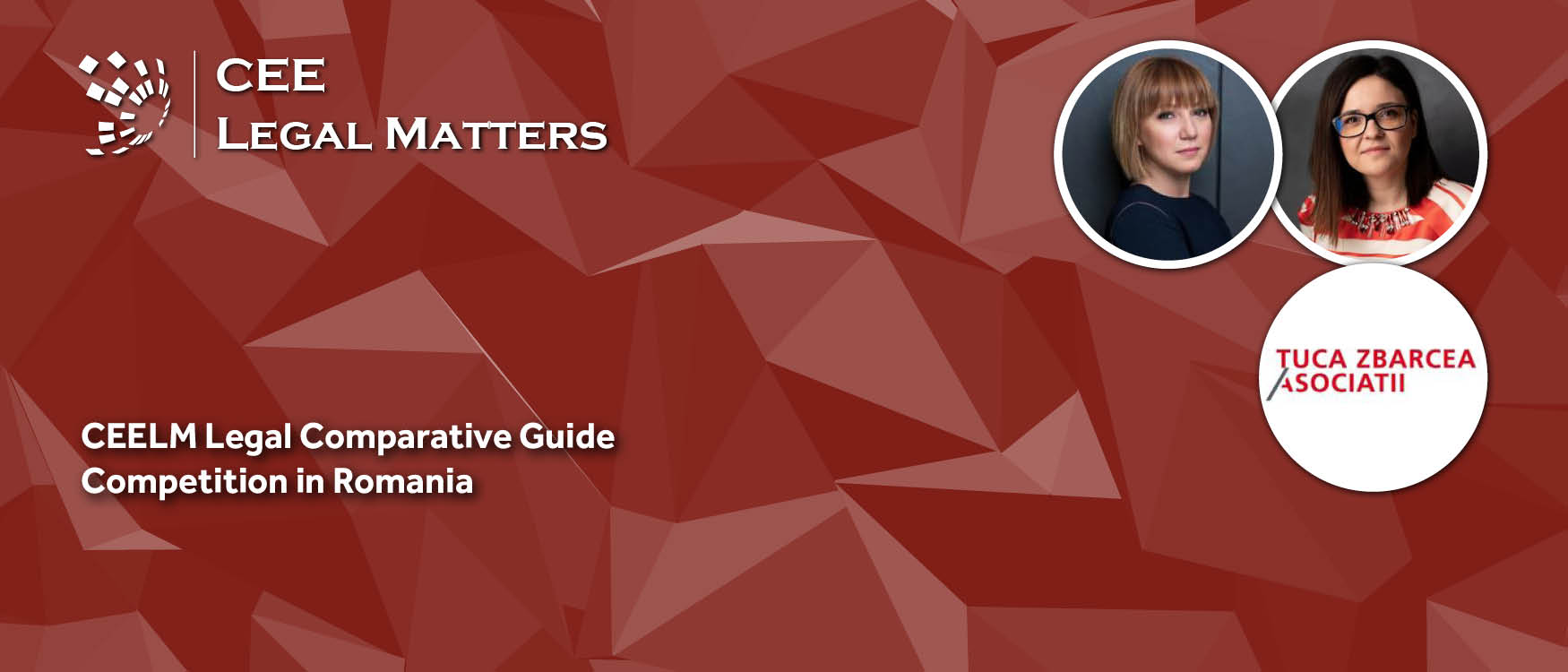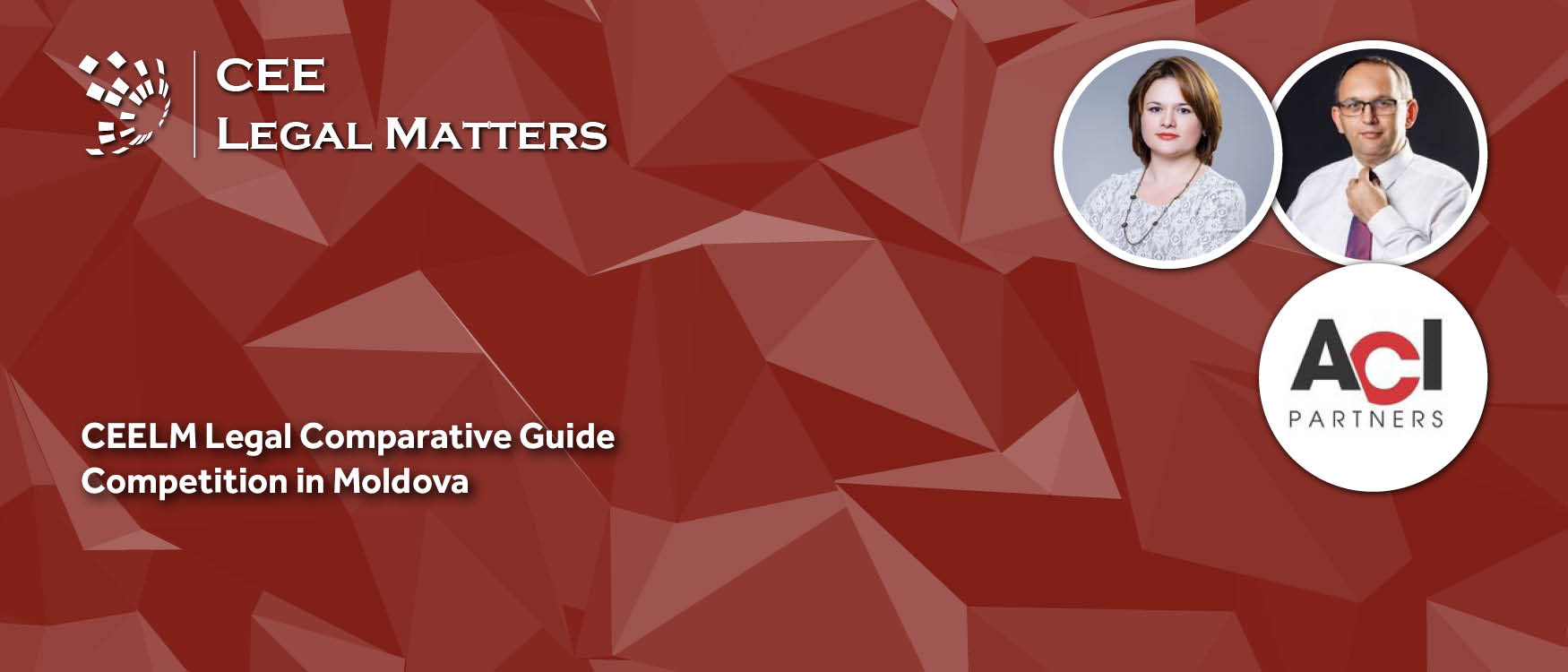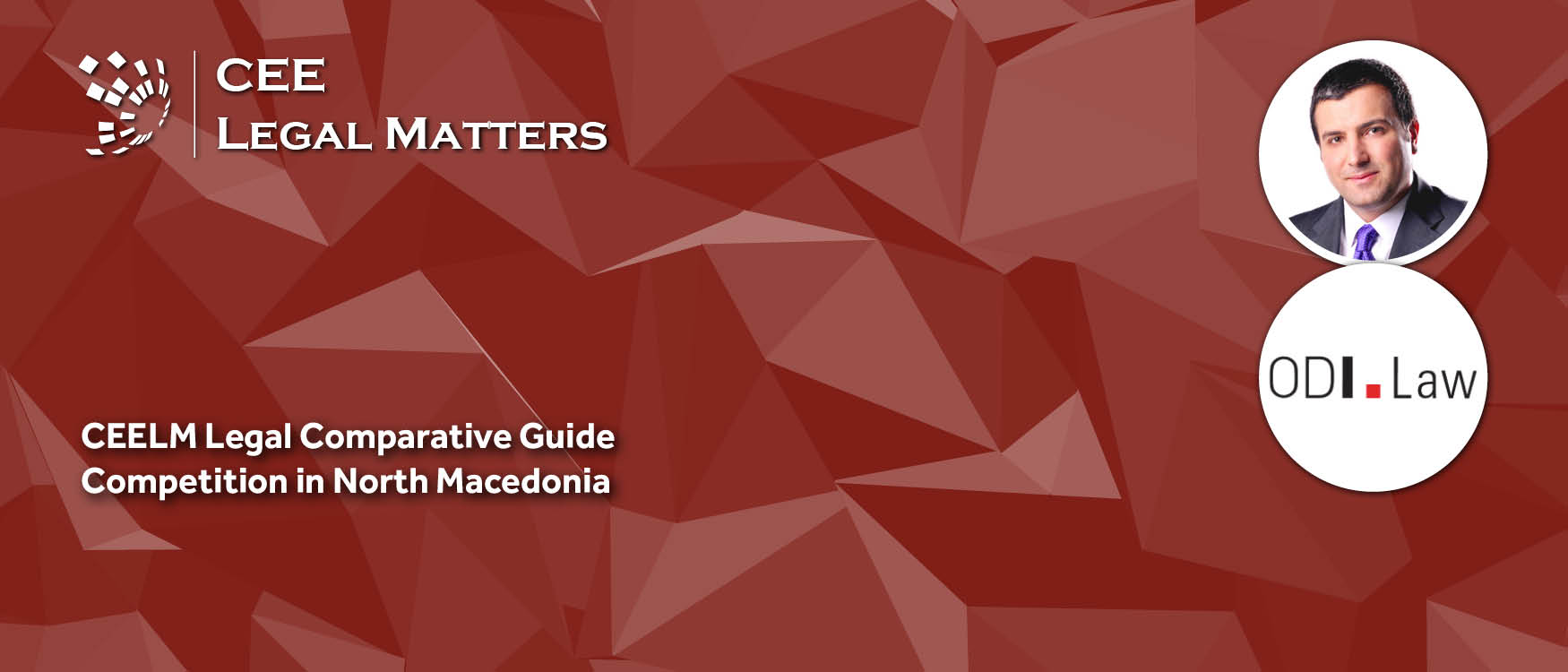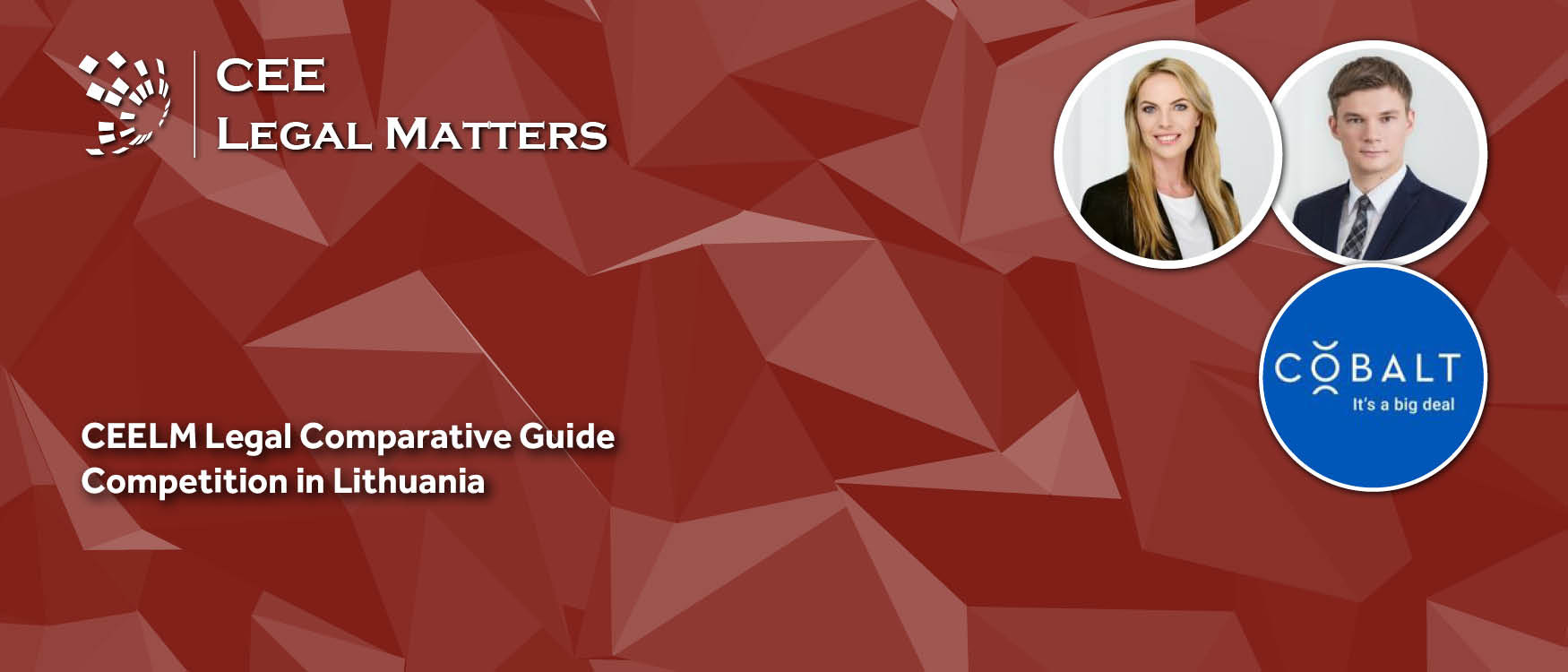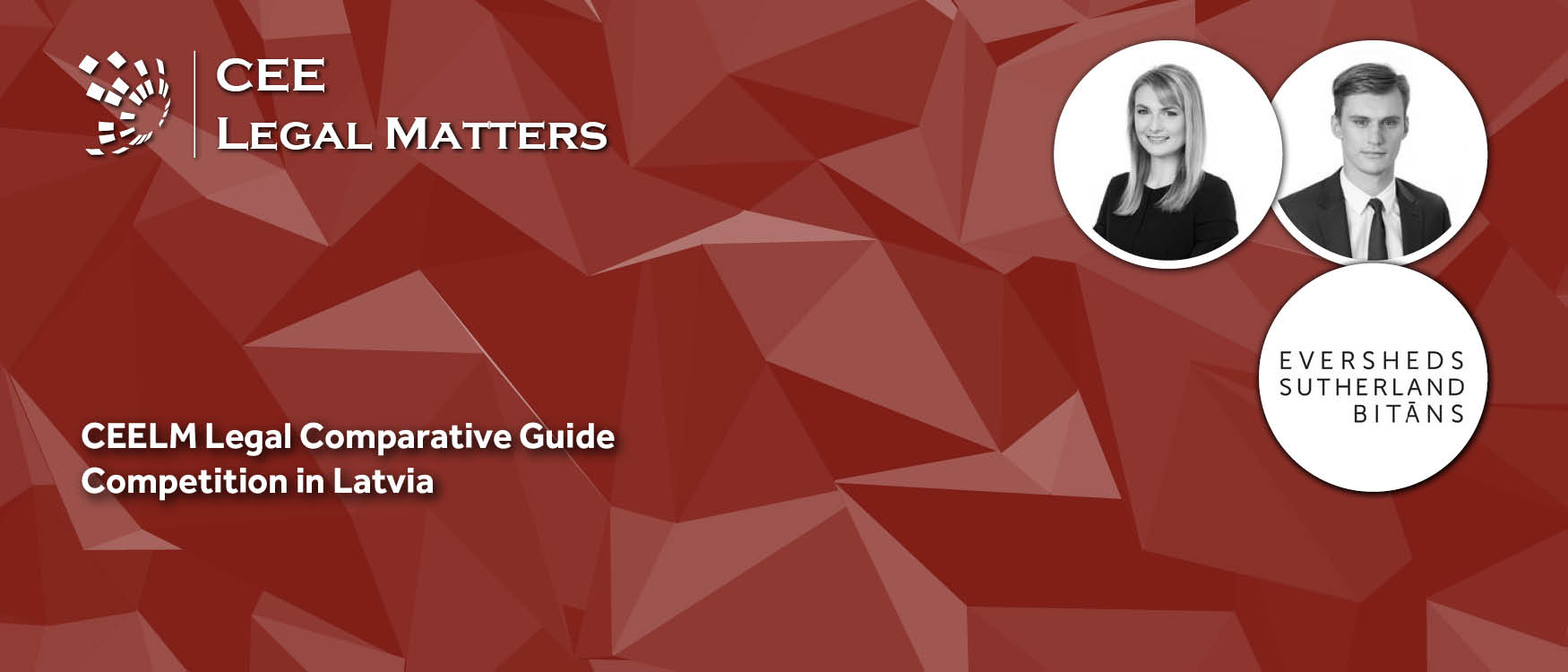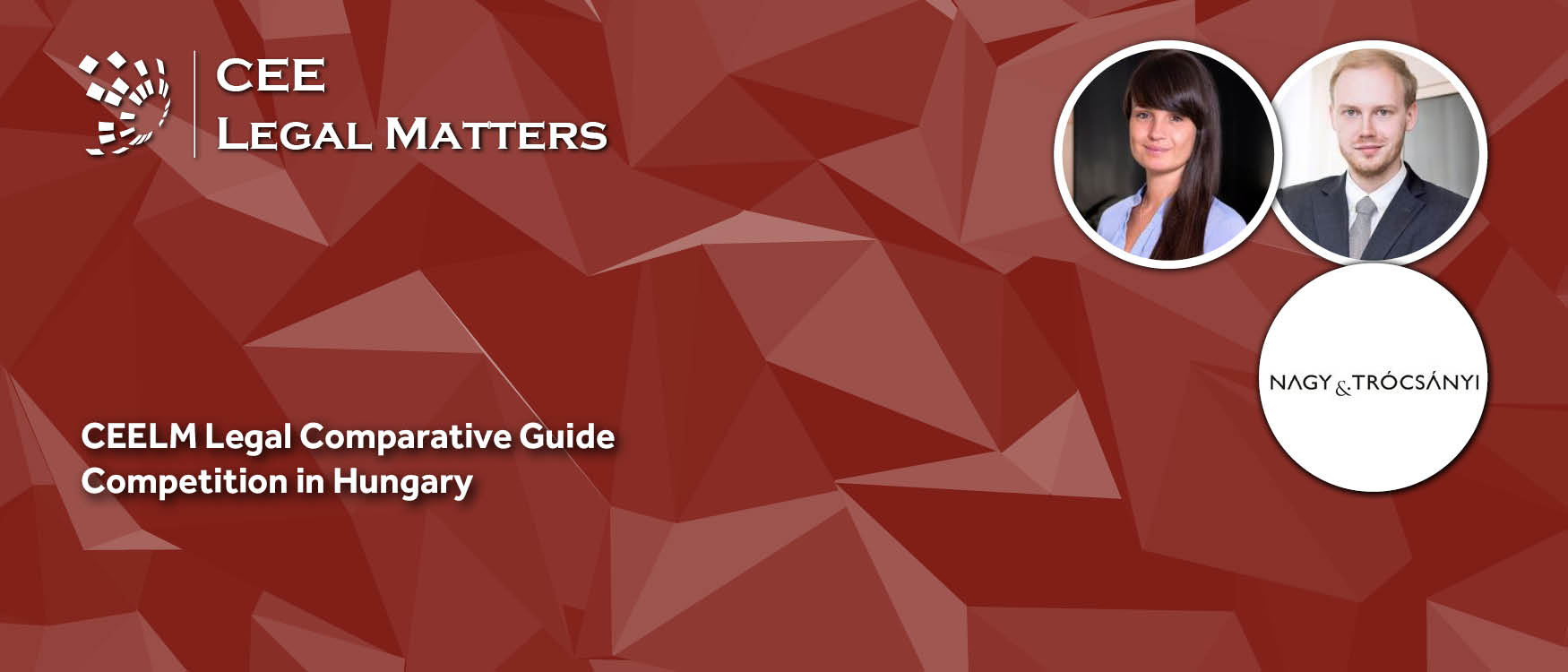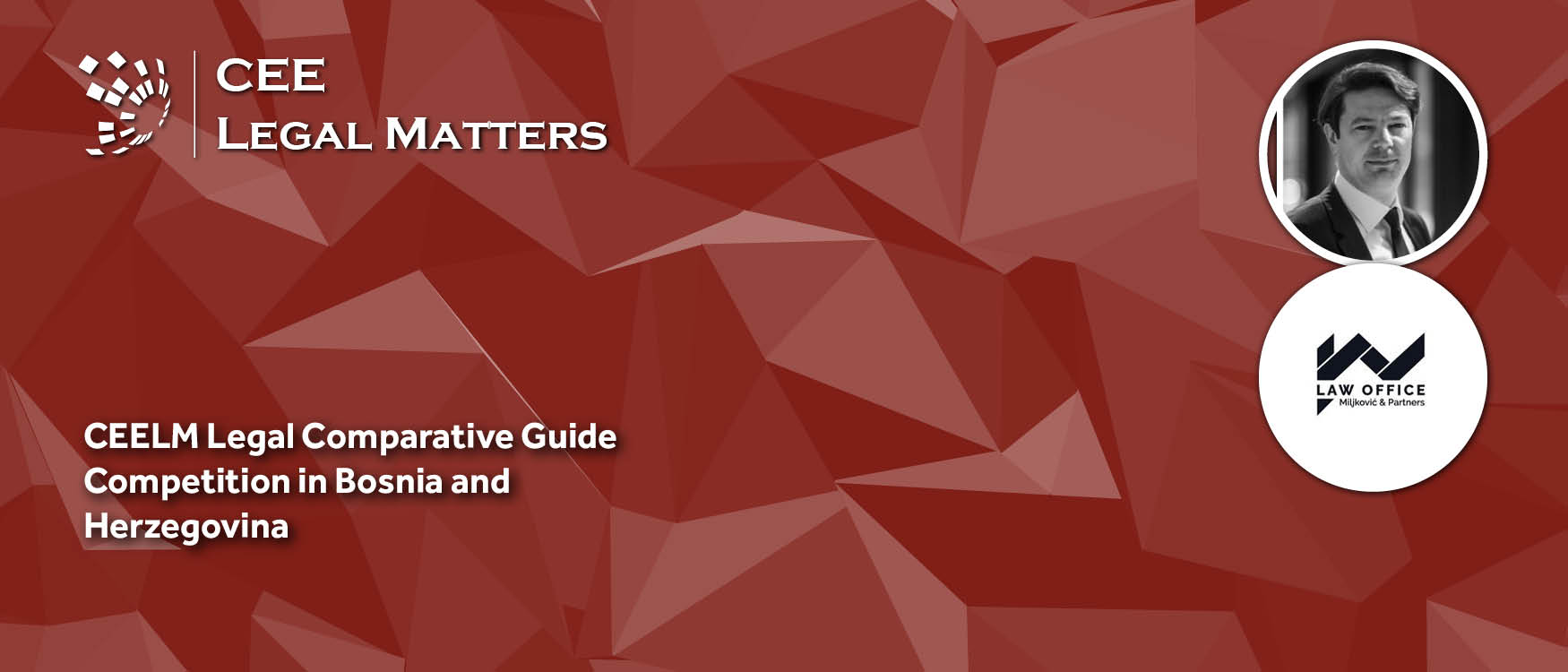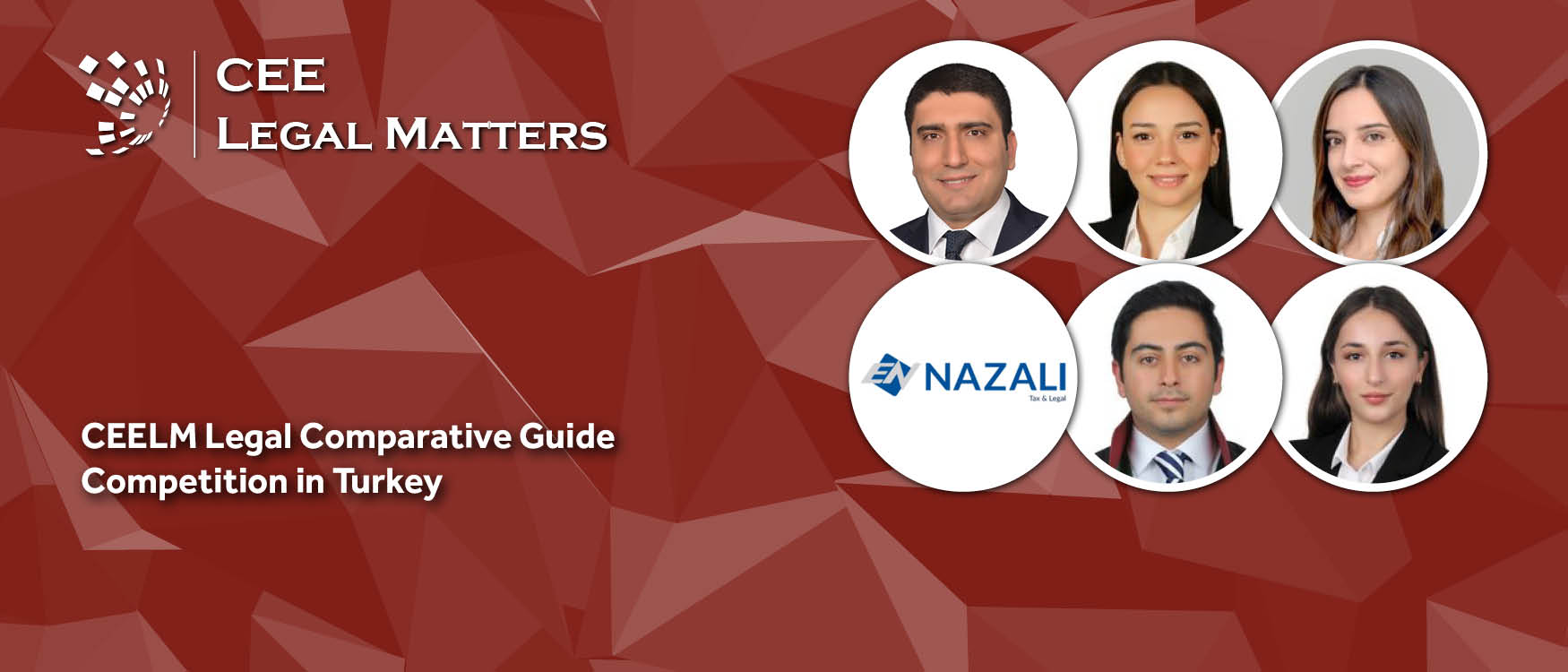Contributed by Rowan Legal.
1. What are the main competition-related pieces of legislation in the Czech Republic?
The most important competition-related legislation is Act No 143/2001 Coll., on Protection of Competition. The act deals with cartels, dominance, and merger control, both substantively and procedurally. The private enforcement directive is incorporated in Act No 262/2017 Coll., on Damages in the Field of Competition Law. Act No 395/2009 Coll., on Significant Market Power in the Sale of Agricultural and Food Products and its Abuse deals with specific competition aspects related to food product supply chains. State Aid aspects are primarily regulated by EU law, nonetheless, Act No 215/2004 Coll. deals with some procedural aspects, namely the competence of the Office for the Protection of Competition in state aid matters and the register of de minimis aid.
2. Have there been any notable recent (last 24 months) updates of Czech competition legislation?
The Parliament of the Czech Republic is currently discussing a bill to amend Act No. 143/2001 Coll. This bill incorporates Directive 2019/1 of the European Parliament and of the Council of December 11, 2018 (ENC+ Directive).
3. What are the main concerns of the national competition authority in terms of agreements between undertakings? How is the sanctioning record of the authority?
The Czech Office for the Protection of Competition prosecutes all types of prohibited agreements. One of its priorities is the detection and sanctioning of anti-competitive agreements in the field of public procurement (bid-rigging). According to a Policy and Regulatory Report analysis, the office is the 2nd most successful office in Europe in this area. The office is also very active in prosecuting RPM agreements. In the recent past, the number of cartel-related proceedings opened by the office has been between 10-15 new cases per year, whereas the aggregate amount of penalties imposed has varied from approximately CZK 100 million to CZK 2 billion annually.
4. Which competition law requirements should companies consider when entering into agreements concerning their activities in the Czech Republic?
The rules of competition protection in the Czech Republic do not deviate in any material way from the rules of other member states of the European Union, however, local rules cannot be ignored or downplayed. Especially in the case of distribution agreements and cooperation between competitors, proper competition risk-assessment, and appropriate compliance checks of case-specific facts are recommended prior to entering into a contract.
5. Does a leniency policy apply in the Czech Republic?
The Office for the Protection of Competition offers cartel participants a Leniency Program. If a competitor reports a cartel and provides the office with all the information and evidence available to the competitor, it can completely avoid sanction or achieve at least a substantial reduction in the fine. Nonetheless, in order to be granted full immunity, several conditions must be met. To name the most important full immunity conditions, the cartel participant has to provide the office with new incriminating evidence (not known to the office at the time of leniency application), actively cooperate with the office, and admit to the breach of competition rules.
6. How is unilateral conduct treated under Czech competition rules?
The national legislation is based on Article 102 of the TFEU and therefore is not surprising in any way. The investigation of abuse of a dominant position is also entrusted to the Office for the Protection of Competition.
7. Are there any recent local abuse cases of relevance?
In a number of sectors, demonopolization and sectoral unbundling have taken place in the past. Large corporations are generally well aware of the legislation as many of them have learned their lessons in the past. Therefore, the number of dominance cases is rather low (approximately one new case opened each year) as compared to the situation in the 90s or early 2000s. Recent decisions have related mainly to resting statutory-based monopolies or oligopolies.
One example of all these might be a decision related to the practices of an authorized collective copyright manager. The case dealt with the practice of collecting royalties from hotels even when accommodation facilities were unoccupied. The Office for the Protection of Competition decided that the practice in question constituted an abuse of a dominant position.
8. What are the consequences of a competition law infringement?
The sanctions imposed are standard compared to the sanctioning systems used in other EU member states or in the Commission’s decision-making. The most frequent sanctions are financial penalties (10% of the annual turnover limitation applies). The Office for the Protection of Competition also prohibits the fulfillment of prohibited agreements or abuse of dominance in its decisions. In relation to gun-jumping in merger cases, the office can order the merging entities to cancel agreements or to divest acquired shares or companies. In the case of bid-rigging in public procurement, the office can also impose a prohibition on participation in public tenders for a period of up to three years. For many public sector suppliers, this sanction may be unacceptable from a going concern perspective. Therefore, many bid-rigging cases are resolved by settlement to avoid this penalty (in case of a settlement, the office cannot impose this sanction).
9. Is there any competition law requirement in case of mergers & acquisitions occurring or impacting the Czech market?
The Czech regulation is in many aspects very similar to the regulatory regime under the EC Merger Regulation and the rules applicable in other EU member states. There are 2 varieties of proceedings: standard and simplified (the distinction is based on a combined market share threshold on the same market). The simplified procedure is prevalent. The purpose of protecting competition in mergers is not to frustrate the business plans of companies, but to intervene only if the proposed concentration is capable of distorting competition in the market.
10. What is the normal merger review period?
In phase I of the standard procedure, the Office for the Protection of Competition first assesses whether the transaction falls under the notification obligation and whether it raises competition concerns. If the office does not find any such concerns, it issues an approval decision within 30 days of notification. If the office notifies the participants that the merger is likely to affect competition, it continues with a phase II in-depth investigation. The subsequent decision on the authorization or non-authorization of the merger is issued within five months of notification. In the simplified procedure, the office issues an approval decision within 20 days of notification. Nonetheless, the deadlines above are suspended if the office requires the notifying party to supply additional documents. Therefore, a careful approach and knowledge of the office’s approach matters.
11. Are there any fees applicable where transactions are subject to local competition review?
The administrative fee associated with the filing of notification amounts to CZK 100. The payment is a prerequisite necessary for the Office for the Protection of Competition to initiate the merger review proceedings. The size of the transaction or the type of proceedings (simplified or standard) does not make a difference, the same fee applies to all.
12. Is there any possibility for companies to obtain State Aid in the Czech Republic?
There are many possibilities to apply for public-funded subsidies in the Czech Republic, namely from EU Funds such as the ERDF. More information can be found for example at https://www.dotaceeu.cz/en/home-en.
13. What were the major changes brought by the COVID-19 crisis in the field? How likely is it for these changes to stick?
In order to mitigate the COVID-19 pandemic’s effects, a number of new state-subsidy tools for affected subjects were created. National and EU authorities have undoubtedly made an unprecedented effort in this area. Nonetheless, it might have been difficult to navigate through the relevant subsidy rules in real-time, especially for SMEs.

